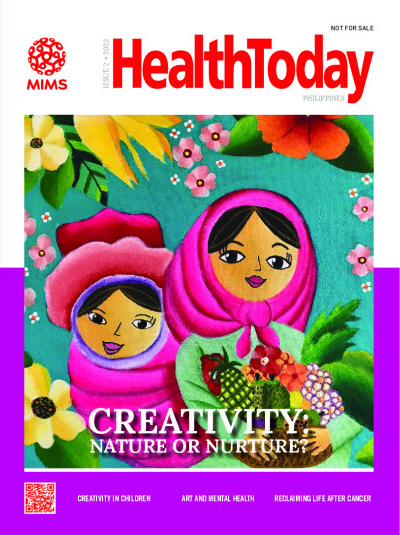
Nothing beats breastmilk in terms of providing superior nutrition for newborns and infants. The nutritional stores of a breastfeeding mom may be inadequate as a result of pregnancy and blood loss during delivery. Lactation demands an increase in nutrient needs. A lactating woman should fuel her body with nutrient-dense food to replenish the amount of calories her body uses in making milk.
During the first six months of life, the baby is exclusively breastfed. What a woman eats determines the energy, protein, nutrient and vitamin content of her breast milk and so a healthy diet is a must. It’s vital for the mother to add 500 kilocalories per day to her daily intake. Eating more of the usual balanced diet should allow a woman to meet the higher energy demand while she breastfeeds.
Protein requirements are increased in lactation but not as high compared to that of energy. This can be met by consuming protein-rich foods like meat, eggs, legumes and dairy.
Vitamin C, thiamine, riboflavin, B6, B12, iodine and selenium are deficient in newborns and hence, they rely on breast milk for an adequate supply. Mothers should incorporate these nutrients in their diet. Good sources of vitamin C include: citrus fruits, broccoli and tomatoes. Thiamine-rich food include: green leafy vegetables, legumes, whole-grains and meat and poultry. Riboflavin sources include: eggs, organ meats (liver and kidneys), and fortified cereals and breads. Vitamin B6 can be obtained from pork, chicken, peanuts, oats and bananas while Vitamin B12 is best derived from beef, shellfish, low-fat milk and cheese. The cheapest source of iodine is to utilize iodized salt while cooking. Selenium is found in lean meats, poultry, seafood, and nuts. The levels of zinc, iron, folic acid, vitamin D, calcium and copper in breast milk are constant despite variations in the mother’s diet or body stores.
Mothers often worry about the amount of milk they’re producing. Certain measures can help increase production:
- On demand feeding. Let the baby dictate when to stop feeding. More frequent breastfeeding leads to more milk production.
- Two is better than one. Make sure that both breasts are used in breastfeeding. After the baby slows down while feeding on one breast, the other one should be offered to the baby. Pumping milk simultaneously from both breasts increase volume of milk produced.
- Stay hydrated. Drink lots of water daily. Natural juices may be taken but sugary beverages and caffeinated drinks should be regulated.
- Galactagogues. Synthetic, plant-derived or endogenous substances that are processed into lactation cookies, moringa capsules and the like, can help improve the amount and flow of breast milk.
- Set the mood. Breast milk production is higher when a woman breastfeeds in a peaceful, comfortable and calm environment. Avoidance of stress and anxiety may also sustain better milk yield.
Every ounce of breast milk is a product of conscious maternal efforts to enhance both the quality and quantity of her lactation. To receive this liquid gold is to receive a precious gift from a mother.
Originally published in HealthToday Issue 3 2021
References:1. Bravi F, et al. Am J Clin Nutr 2016;104(3):646–662. 2. Yang Z, Huffman SL. Matern Child Nutr 2011;7 Suppl 3:19–43. pmid:21929634. 3. Picciano MF. J Nutr 2003;133(6):1997S–2002S. pmid:12771353.




